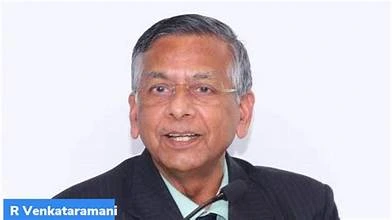The Union government has formally extended the tenure of Senior Advocate R. Venkataramani as the Attorney General of India, allowing him to continue as the nation’s top law officer for an additional two years. Venkataramani, who assumed office in October 2022 after the retirement of K.K. Venugopal, was initially appointed for a three-year term set to end on September 30, 2025. With the latest decision, he will remain in charge beyond that period, providing stability and continuity in the government’s legal representation before the Supreme Court and in critical constitutional matters.
A veteran in the field of law, Venkataramani was born in Pondicherry in 1950 and enrolled with the Bar in 1977. He began his practice before the Supreme Court in 1979 and, in recognition of his distinguished legal career, was designated a Senior Advocate in 1997. Over the course of more than four decades, he has appeared in a wide range of constitutional and commercial matters, and has represented the Union government, several State governments, universities, and public sector bodies across the country. His reputation as a constitutional expert and his extensive courtroom experience have made him a respected figure in the legal fraternity.
The Attorney General holds a pivotal position under Article 76(1) of the Constitution, being appointed by the President on the advice of the Union government. The role combines responsibilities as the chief legal advisor to the government and as its principal advocate in the Supreme Court of India.
The office is held at the President’s pleasure, and its occupant often plays a crucial part in shaping the government’s legal strategy in cases with wide constitutional, political, and social implications.
Venkataramani’s extension reflects the Centre’s confidence in his leadership and his ability to guide the government through complex legal challenges. With this decision, the government has ensured continuity in a role that stands at the intersection of law and governance, at a time when the judiciary is addressing significant issues relating to rights, federalism, economic reforms, and institutional accountability.


